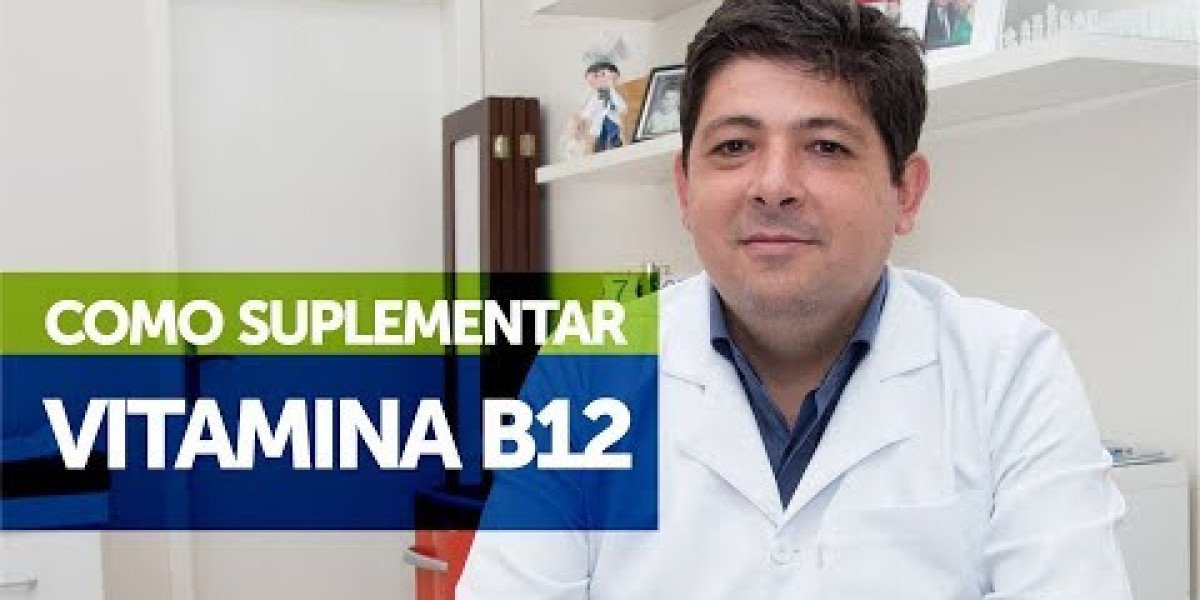Unlocking the Secrets: Transform Your Life with Effective ADHD Treatments!
Attention Deficit Hyperactivity Disorder (ADHD) is a neurodevelopmental disorder that affects millions of individuals worldwide, often disrupting their daily lives and relationships. Characterized by symptoms such as hyperactivity, inattention, and impulsivity, ADHD can impact anyone—children, adolescents, and adults alike. Understanding the various treatment options available is essential for those seeking to manage their symptoms effectively and improve their quality of life. In this article, we will explore the landscape of ADHD treatment, focusing on the role of medications, therapeutic interventions, and lifestyle changes that can serve as powerful strategies for symptom management.
Understanding ADHD and Its Symptoms
ADHD, or Attention Deficit Hyperactivity Disorder, is defined as a chronic condition marked by persistent patterns of inattention, hyperactivity, and impulsivity. These symptoms can manifest differently across various age groups. For instance, in children, ADHD may present as fidgeting, difficulty staying seated, or trouble following instructions. Adolescents may struggle with organization and time management, while adults often experience challenges in maintaining focus and managing their responsibilities. The effects of ADHD can be profound, leading to difficulties in academic performance, workplace productivity, and personal relationships. This is why tailored treatment plans are crucial; what works for one individual may not be effective for another. Understanding the unique symptoms and challenges faced by each person with ADHD allows for a more personalized and effective approach to treatment.
Medication Options for ADHD
When it comes to ADHD treatment, medications are often the first line of defense. There are two main categories of ADHD medications: stimulants and non-stimulants. Stimulants, such as those that increase the levels of dopamine and norepinephrine in the brain, are the most commonly prescribed and have shown to be highly effective for many individuals. However, they can come with potential side effects, including insomnia, decreased appetite, and increased heart rate. Non-stimulant medications, on the other hand, may be prescribed for those who do not respond well to stimulants or who experience undesirable side effects. These can include medications like atomoxetine and guanfacine, which work differently in the brain. It’s essential to work closely with a healthcare provider to find the right medication and dosage, as this can significantly impact the effectiveness of the treatment and the overall well-being of the individual.
Therapeutic Approaches to ADHD Treatment
In addition to medication, various therapeutic approaches can play a vital role in managing ADHD symptoms. Cognitive-behavioral therapy (CBT) is one such method that focuses on changing negative thought patterns and behaviors. It can be particularly beneficial in helping individuals develop coping strategies, enhance their organizational skills, and improve their time management. Behavioral therapy, often used with children, involves reinforcing desired behaviors and reducing unwanted ones through a system of rewards and consequences. Coaching specifically tailored for individuals with ADHD can also provide support in managing daily tasks and responsibilities. By combining these therapeutic approaches with medication, individuals can create a comprehensive treatment plan that addresses the multifaceted nature of ADHD.
Lifestyle Changes that Can Support ADHD Management
Lifestyle modifications can significantly impact the management of ADHD symptoms and overall well-being. Research suggests that a balanced diet rich in omega-3 fatty acids, lean proteins, whole grains, and plenty of fruits and vegetables can help improve focus and reduce hyperactivity. Regular physical activity is another crucial element; exercise has been shown to enhance concentration, decrease anxiety, and improve mood. Establishing a consistent sleep routine is equally important, as adequate rest is vital for cognitive function. Mindfulness practices, such as meditation and yoga, can also aid in managing stress and improving attention. Incorporating these lifestyle changes doesn’t have to be overwhelming; small, manageable adjustments can lead to significant improvements over time.
Summary of ADHD Treatment Strategies
In summary, effective ADHD treatment is a multifaceted approach that includes medications, therapeutic interventions, and lifestyle modifications. Each individual's journey is unique, and it is crucial to understand the various options available to create a personalized treatment plan. By integrating medications with therapy and making positive lifestyle changes, individuals with ADHD can manage their symptoms more effectively and enhance their overall quality of life. If you or someone you know is struggling with ADHD, seeking professional guidance is the first step towards unlocking a better, more fulfilling life.






